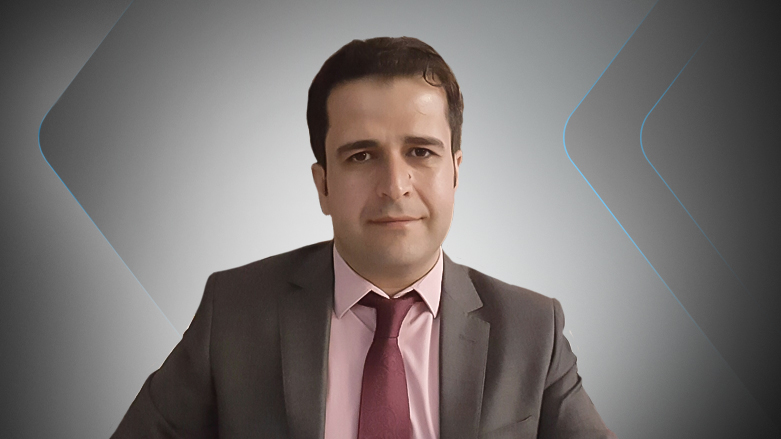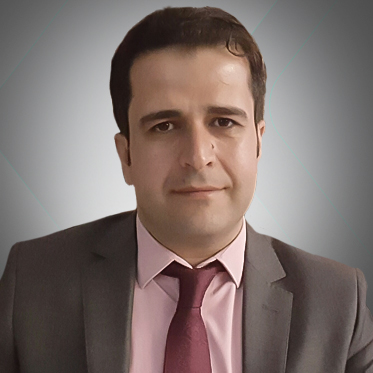Turkey looks East to mend ties and transform regional dynamics

The recent mending of ties between Russia and Turkey comes almost nine months after the ill-fated Turkish shooting of a Russian jet that saw relations plummet to historic lows. The tune of Turkish President Recep Tayyip Erdogan and his Russian counterpart Vladimir Putin after the patching up of ties was a far cry from months of harsh rhetoric, economic sanctions and deep animosity.
This sudden thawing of ties has been on the card for a few weeks as Erdogan tried to mend relations with Moscow with some reconciliatory statements. There is no doubt that improvement of ties is linked directly with the failed military coup in Turkey last month. Erdogan, AKP, and Turkey were rocked by the coup and have been vociferous in their disappointment of the EU and US response.
Ankara even made a thinly veiled threat to leave NATO owing to the lack of support following the coup, Western criticism of the massive post-coup crackdown and EU threats to end Turkish EU membership bid if Turkey reintroduces the death penalty. The US, on the other hand, has refused to extradite exiled cleric Fethullah Gulen whom Erdogan accuses of spearheading the coup.
Turkey has also suffered greatly from an economic angle since the downing of the jet with bilateral trade significantly hit caused by the Russian sanctions.
At the same time, Turkey was already experiencing somewhat frosty relations with the EU and US even before the coup over developments in Syrian and the region, such as US support for the Syrian Kurdish fighters who Turkey deems as terrorists but who are one of the most effective groups against the Islamic State (IS).
Additionally, EU and US have been consistently critical that Turkey could have done much more to stem the flow of IS fighters and arms across its porous border. Their relations with EU soured further over the migrant deal, which Turkey has criticized and has failed to implement fully.
Turkey could not sit idle with a lukewarm West on the one hand and a bitter and powerful Russia on East. Any less favorable view of the West for Turkey invariably means that Turkey will turn further east towards Russia.
Restoration of economic ties and tourism is an obvious benefit, but Turkey gets a natural leverage against NATO and the West with the revival of relations with Russia. It's showing Western powers that it does not need them that they need Turkey and that Turkish foreign policy is dynamic enough to deal with the changing socio-political picture in the Middle East.
Russia also benefits from the resumption of trade and a warmer Turkey that may help boost Russian strategic influence in the Middle East that it craves as well as diluting Western leverage in the region. It also speeds up the deal to provide natural gas to Europe via Turkey. Turkey, of course, relies heavily on Russian gas for its needs.
At a critical juncture in Syria and the Middle East, the warming of ties adds another angle to an already complicated Middle Eastern picture. However, economic and energy ties are easiest to fix. No side benefits from loss of trade and lucrative energy deals. But on the political front, it's much trickier.
Nine months of fierce rhetoric and rock bottom ties will not heal overnight. Neither will their entrenched positions on Syria. Turkey is unlikely to forgo its support of Syrian rebels and Russia is obviously a huge backer of the Syrian regime. But it may increase the chance of some compromise over the fate of Assad and a closer cooperation to deal with IS as a counterweight to the US-led coalition efforts against the same group.
Ultimately, the biggest bargaining chip is the Kurdish forces in Syria that are enjoying a stronger autonomy and strategic standing by the day. Turkey can much more readily accept a Syrian reality that does not match their objectives and vision if the price is that Syrian Kurds are stifled and Russia gives up support for them.
Can Turkey force Russian hands on Syrian Kurdish support and autonomy? Can Turkey accept Assad to stay in power if Russian concedes on key Turkish demands?
Key bilateral relations that are dominated by two parties with different strategic agendas will have to make way for some tough compromises.
Bashdar Pusho Ismaeel is a London-based freelance writer and analyst, whose primary focus and expertise is on the Kurds, Iraq and Middle Eastern current affairs.
The views expressed in this article are those of the author and do not necessarily reflect the position of Kurdistan24.
Editing by Delovan Barwari
